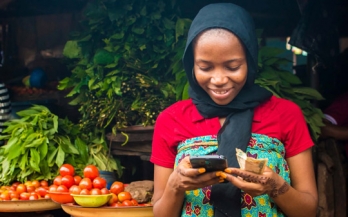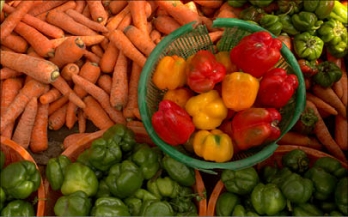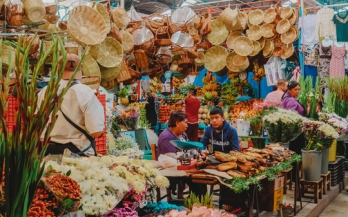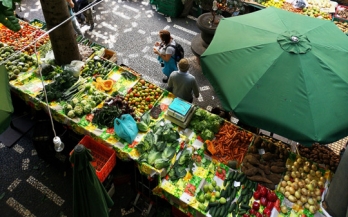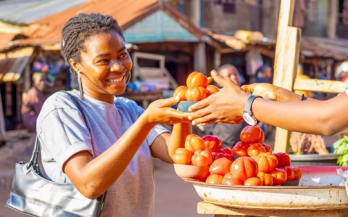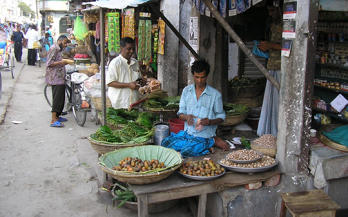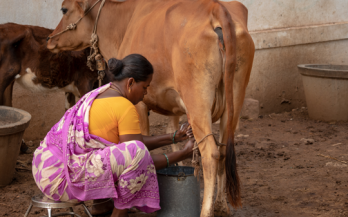The global food system is a major driver of environmental degradation, ill health, premature mortality and inequity. To enable resilient, affordable, safe and nutritious diets for the current and growing global population while restoring and safeguarding our environment, we need to urgently innovate food system solutions that work for both people and planet.
A survey of food system SMEs in 14 countries, aiming to assess the impacts of the COVID-19 pandemic and associated control measures on their businesses and their support needs, was undertaken by GAIN and partners, including the Scaling Up Nutrition (SUN) Business Network (co-convened by the World Food Programme (WFP)). This survey took place in October/November 2020, following one in May 2020.
This report looks at existing conceptual frameworks for food systems with a new lens that links food safety and nutrition and explores how such a perspective can be used to improve policy and programming.
The Food Systems Dashboard brings together extant data from public and private sources to help decision makers understand their food systems, identify their levers of change and decide which ones need to be pulled. The Global Burden of Disease study showed that unhealthy diets contribute to 11 million deaths per year.
How should the CGIAR's research programme be focused to make it as impactful as possible given the changes being faced by the world's population over the next 10 years? This viewpoint suggests a firm emphasis on research needed to unlock the potential of food systems to deliver improved nutrition, environmental sustainability and stronger livelihoods, with a focus on the tradeoffs and synergies therein.
This document describes the work GAIN has been doing on demand creation, mainly under the Making
Markets Work programme. The purpose is to inform interested readers about the approach and progress made
in the last three and a half years.
Poor people in the global South eat diets with few nutrient-dense foods, putting children and adults alike at risk of malnutrition. Strategies to improve their diets will look different depending on whether current access to such foods is mostly via home production or via purchase and on whether poor families actually want to consume more of specific nutrient-dense food groups.
The Commercialisation of Biofortified Crops (CBC) Programme was launched in 2019 to address widespread hidden hunger in Africa and Asia by significantly expanding the reach of foods and food products made with biofortified staple crops.
GAIN seeks to understand and tackle barriers faced by small enterprises working to boost availability, affordability, desirability, and convenience of nutritious foods like milk, especially for people on low-incomes and population sub-groups who stand to benefit from greater consumption of nutrient-dense foods, such as children.
The global average supply of fish and seafood per person has more than doubled since the early 1960s, even as population has done the same. In many places, fish has become more affordable compared to other animal-source foods such as meat or poultry.
